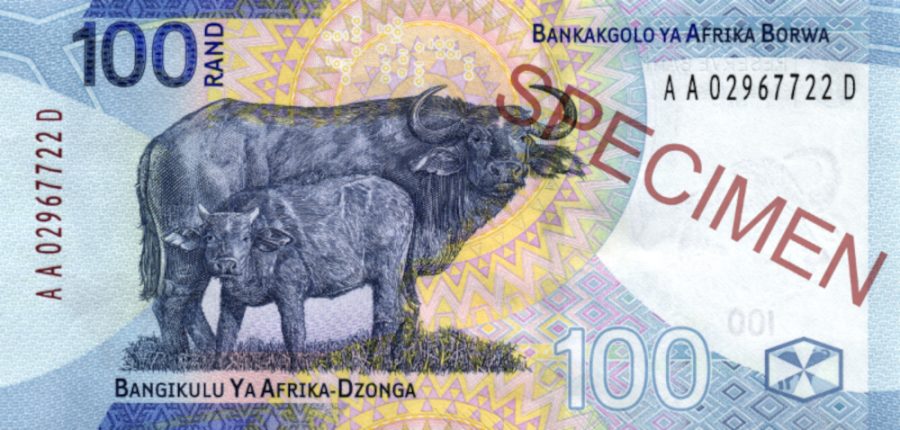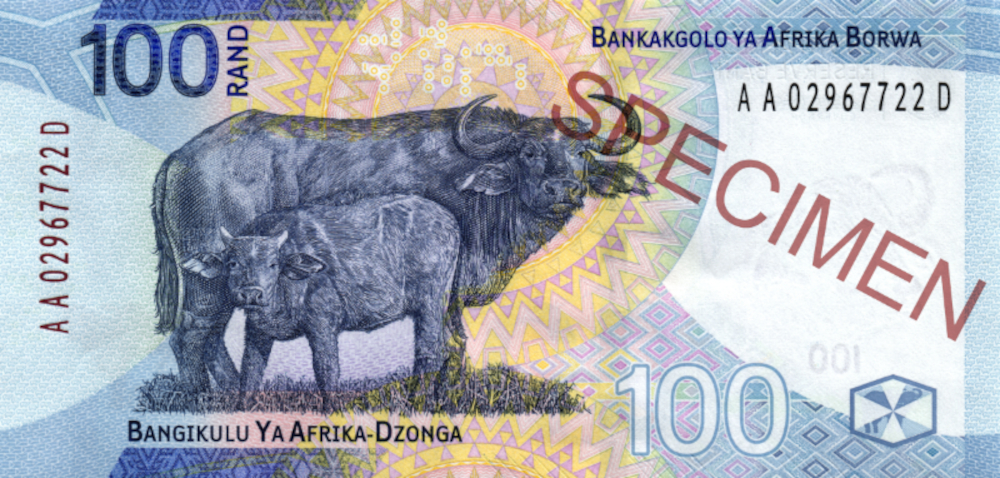
Debate: Who is right about the Xitsonga spelling on the R100 note?
The furore over the alleged spelling mistake on the new R100 note is far from over – experts are now disputing the explanation for the change given by other experts. READ: PanSALB confirms ‘mistake’ on R100 note is actually correct XITSONGA EXPERTS DISMISS PANSALB’S EXPLANATION FOR ALLEGED SPELLING MISTAKE ON NEW R100 NOTE The new […]

The furore over the alleged spelling mistake on the new R100 note is far from over – experts are now disputing the explanation for the change given by other experts.
READ: PanSALB confirms ‘mistake’ on R100 note is actually correct
XITSONGA EXPERTS DISMISS PANSALB’S EXPLANATION FOR ALLEGED SPELLING MISTAKE ON NEW R100 NOTE
The new R100 note has a Xitsonga translation of Reserve Bank as Bangikulu, while the old one had Banginkulu. The Reserve Bank went through with the change after consultation with the South African language board.
The Pan South African Language Board (PanSALB) said the new note was correct because the extra “N” on old notes is only used when referring to a person and not an institution.
READ: Thabo Bester: Overview of the charges against the eight suspects
According to The Sowetan, Professor Tinyiko Maluleke dismissed the PanSALB explanation as “thin and misleading.”
Maluleke explained that entities involving humans, such as houses or banks, are afforded human status in African cosmology.
“Let me try to follow his own logic, the “nk” is used for human beings, you then remove “n” when your refer to non-human entities. There is no Xitsonga writer or speaker who will relate to this spelling because this notion that you can distinguish between humans and non-humans is way off the mark,” said Maluleke to The Sowetan.
There are calls for the Reserve Bank to revert back to “Banginkulu.” A Xitsonga historian and author, Ntsako Shivambu, told the newspaper that according to the standardised version of Xitsonga, “Banginkulu” is the correct word.
READ: Port Alfred exempted from load shedding… because it’s hosting a BRICS workshop
The version that appears on the new banknote reportedly comes from the Tekela dialect of the language, which is spoken by people from Malamulele, Limpopo, according to Shivambu.
“Even the translation of the Reserve Bank that they are using is incorrect. The correct translation of Reserve Bank is Bangi e le Xikari. Reserve Bank is not a big bank, it is a central bank I don’t know where they get these translators,” said Shivambu to The Sowetan.
READ: LOOK: Inside Cape Town’s spectacular Iron Man Villa: A futuristic architectural masterpiece
PANSALB EXPLANATION
As previously reported, the spelling on the new note was approved by the Xitsonga National Language Body through PanSALB. The Chairperson of the Xitsonga board, Dr Arnold Mushwana, offered the following explanation for the change.
“Bangikulu is a compound noun which is formed by two words, the noun ‘bangi’ and the adjective stem ‘-kulu’ to form bangikulu. The /n/ cannot be accounted as to where it is coming from. As much as we cannot say bangi leyinkulu/yinkulu, we also cannot say banginkulu.
“The /n/ that goes with the adjective stem ‘-kulu’ can only be accounted for on nouns that pertain to humans. Matsalanankulu, mhaninkulu, and papankulu are a few examples. This is because the /n/ on these words is a allomorph of /mu/, which can stand as a prefix of class 1 words,” said Mushwana.
READ: Kruger Park: Another morning, another lion roadblock – LOOK
This article was originally published by Storm Simpson.
